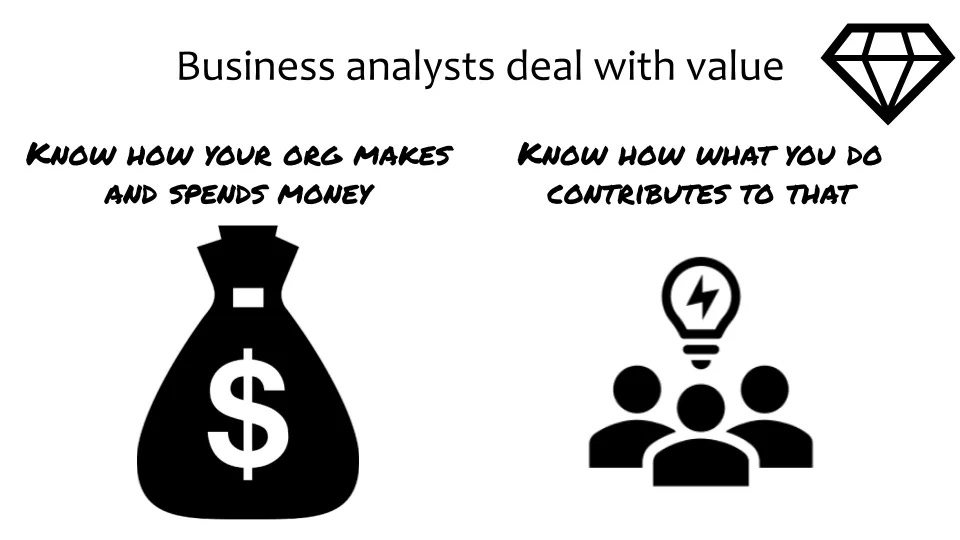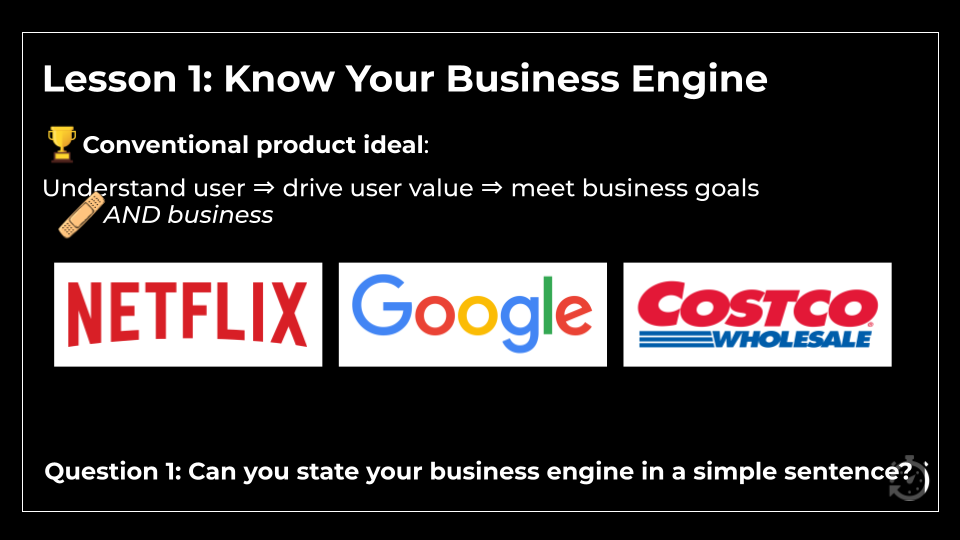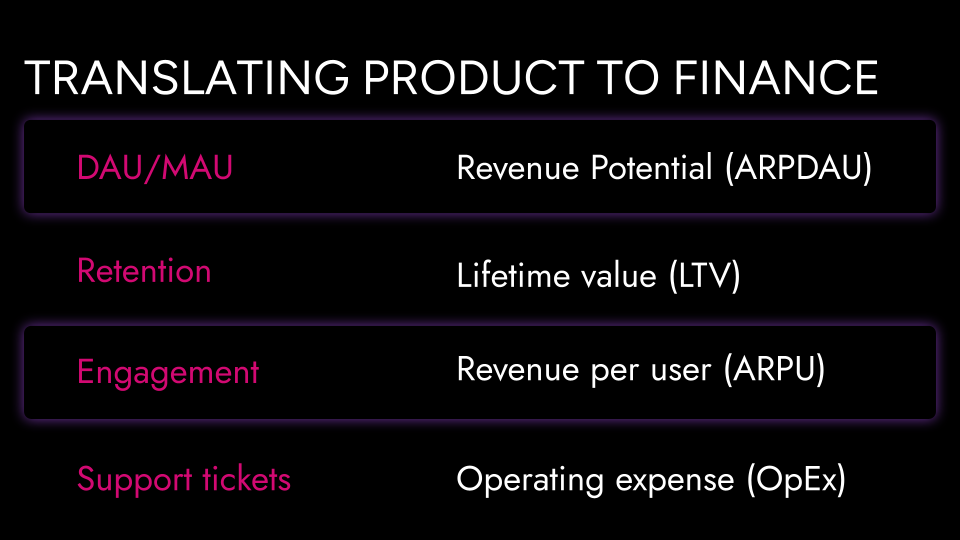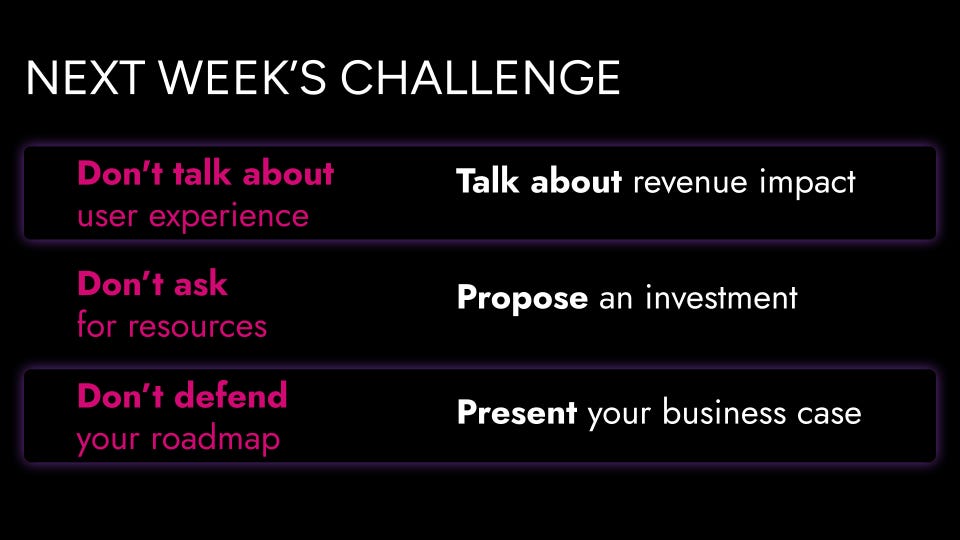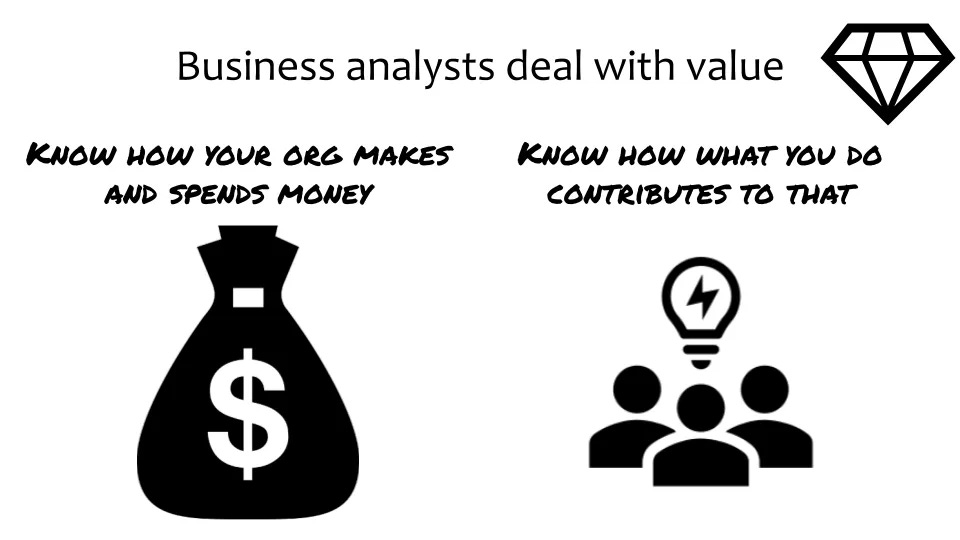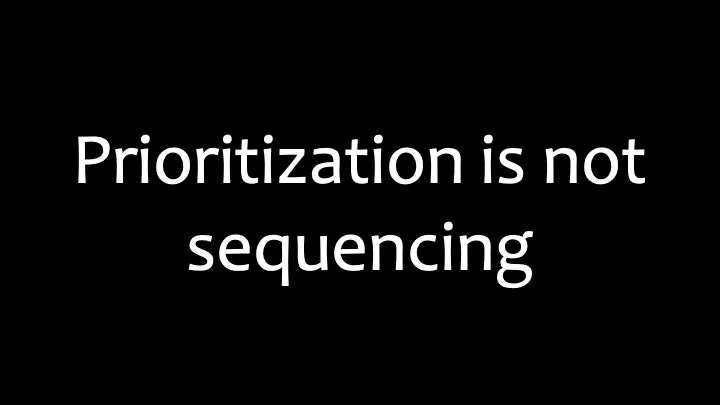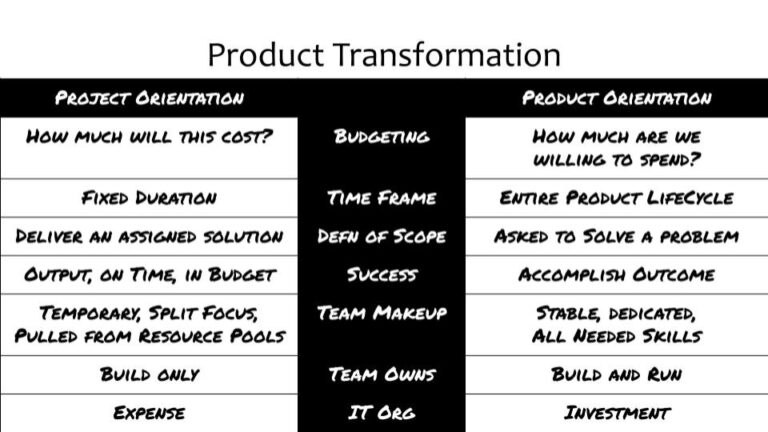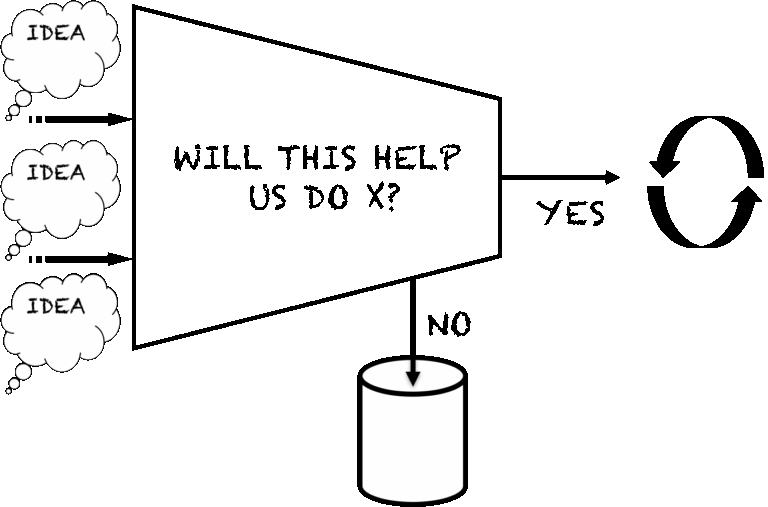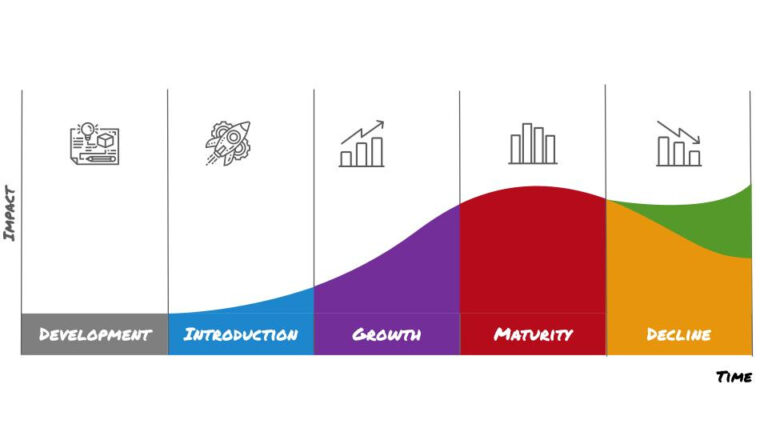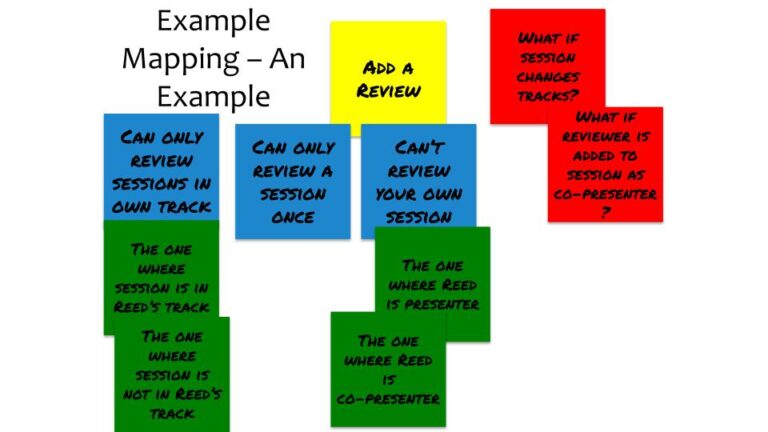If you’re not talking about money, execs aren’t listening
A couple years ago I worked as a freelance product manager at an industrial distributor that had been pieced together after a series of mergers and acquisitions. As a result, the information about their products were spread across multiple systems. The company was trying to follow the industry’s digital transformation trend and every team that needed product information had to pull from multiple systems.
The project I started on at the company was intending to setup the ability to sell the distributors product at a national hardware chain. So we faced the issue of pulling product data together, and got to work compiling it from the different systems.
When the hardware chain indicated they were no longer interested in selling the products, we pivoted and offered up the compiled data as an internal data platform.
You can’t get much more meta than a product that compiles data about products can you?
Things were progressing nicely, we had a couple teams using the platform and a couple more interested when I got a notice that funding for the platform was getting cut and my contract was not going to get renewed.
The life of a freelancer…
I thought we were producing a product that would have significant impact for the company in quicker go to market for solutions that depended on product data. And we were.
The problem was that the people who made decisions about funding didn’t realize that. Because we didn’t talk about what we were doing in terms of money and it’s impact on the finances of the organization. That was especially important in this case because the company was trying to cut costs due to a downturn in their business.
Oops.
I share that story to point out how important it is to tie what you’re doing to financial matters. Of course that didn’t become really clear to me until after the above happened I heard that same message from a few places, which I’m sharing below.
Can you state your business engine in a simple sentence?
At INDUSTRY 2025, Brent Tworetzky, Senior Vice President of Product at Peloton, shared four lessons he’s learned through his product career.
His first lesson was to know your business engine. That means not only do you need to understand your user’s needs, you also need to tie that to how it relates to your business.
Here’s how I described it in the official conference notes:
Understand user → drive user value → meet business goals AND drive business impact The problem is that you can spend too long building for your users without creating business value. You need to understand the users’ and your business’s needs. If you can’t build a sustainable business, you can’t serve all your users in the long run. The business engine is how you build a sustainable business. Example: the business engine for Udacity: “advance careers through online courses that deliver job skills and valued credentials.”
Although Brent’s experience is in an external product setting, this is also relevant for internal products. It’s the prerequisite for talking about it to your execs – you need to understand it yourself.
PMs speak in customer. Executives listen in finance.
Shortly after Brent’s session at INDUSTRY Elena Luneva – product exec, advisor, and coach – explained the financial skills that every PM needs.
During the session she explained that “the gap between being right and being effective is that PMs speak in customer and executives listen in finance.”
She then proceeded some handy translations to use when you need to convince executives.
You can also look at this as some examples of how product metrics (the items on the left hand side) relate to business metrics (the items on the right hand side).
Abstracting out a little bit, Elena provided a handy guide for changing what you talk about when you speak to execs:
Finishing your (Money) Sentences
Those two sessions at INDUSTRY caught my attention because they reinforced a message about finances that I’ve run across over the past year or so.
Rich Mironov has encouraged product people to talk about money for a while. His latest addition to that message came out in his post about Finishing Our (Money) Sentences
For a long time, I’ve been asserting that most* B2B revenue-side executives can’t hear anything we say unless it includes a currency symbol. Sentences lacking a $ or € or £ are inaudible. That includes explanations about how we build things: roadmaps full of boxes and project names; agile methodologies; analytics that show how smart we are; inspirational lectures about product operating models… mostly wasted words that our GTM leaders are not interested in.
Rich takes Elena’s point a step further and points out that execs generally tune out when the discussion turns to the minutia of product management and only tune in when there’s real money involved.
He generally talks about B2B product companies, but his point is very relevant for internal product settings as well. You’re going to have a lot more success convincing a director of finance to invest in a pricing application when you talk about reducing the impact of pricing errors than if you talk about UX best practices.
Focus on impact
Matt LeMay has also been sharing the message through talking about impact first product teams. In fact he takes Rich’s thoughts a step further and encourages product teams to stop worrying so much about doing product “the right way” and instead focus on the work that truly matters to their organization.
To do that, you and your product team need to:
-
Connect product team goals to company goals
-
Understand your contribution
-
Connect everything back to business impact.
In terms of internal products, I’ve described it this way:
If you’d like to learn more about impact first product teams, I encourage you to read Matt’s book available in paperback or ebook. (Affiliate links)
Money matters for internal products
These four perspectives provide some helpful advice for keeping money at the forefront when you make decisions about your product and advocate for your product with leaders in your organization. My experience with the data platform shows what happens when you don’t effectively do both.
Of course if you work on something that is a step or two removed from how your organization makes money, it may take a little bit of work to identify your contribution back to it. But that effort is well worth it.
Thanks for reading
Thanks again for reading InsideProduct.
If you have any comments or questions about the newsletter, or there’s anything you’d like me to cover, let me know.
Talk to you next time,
Kent
